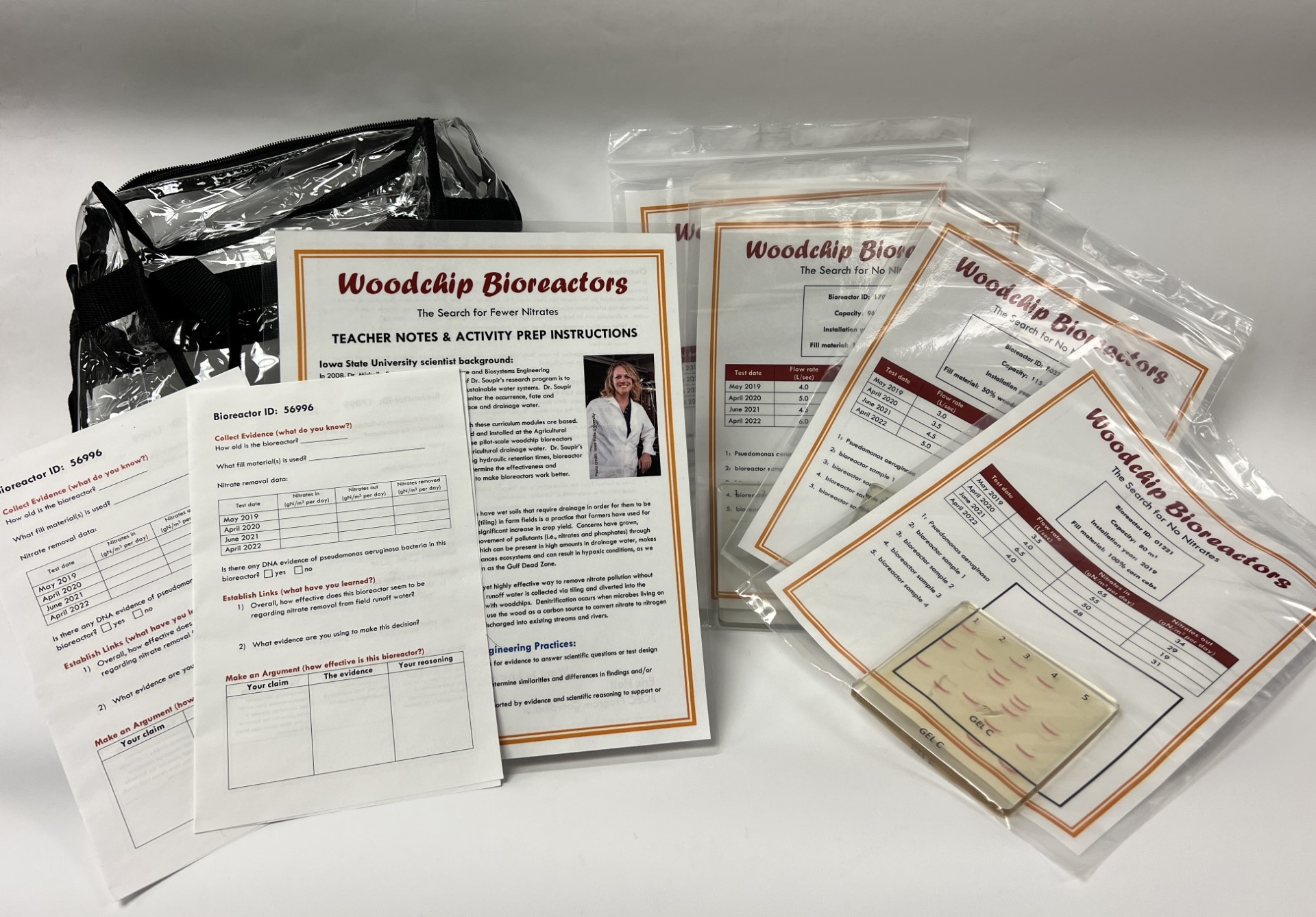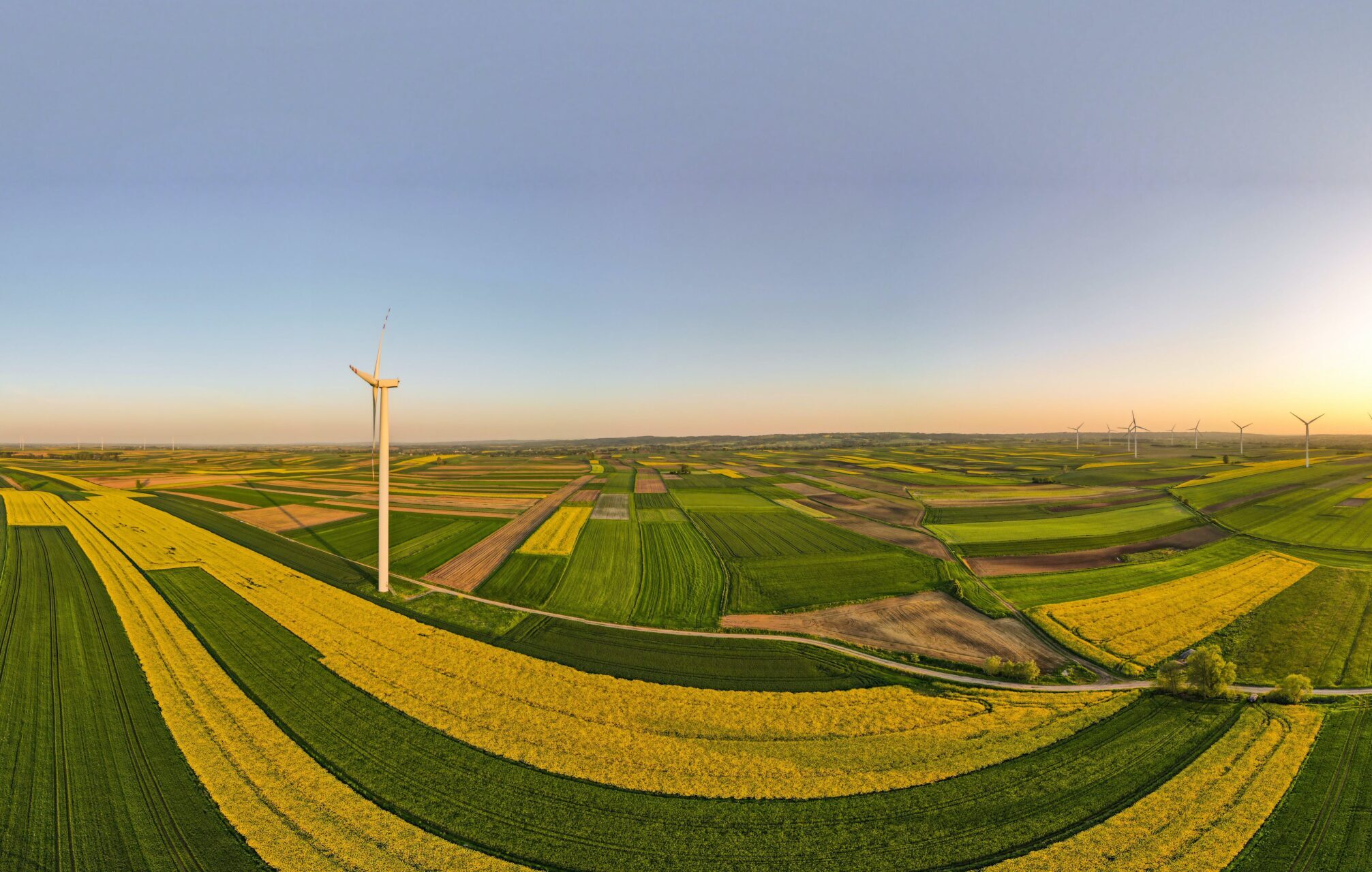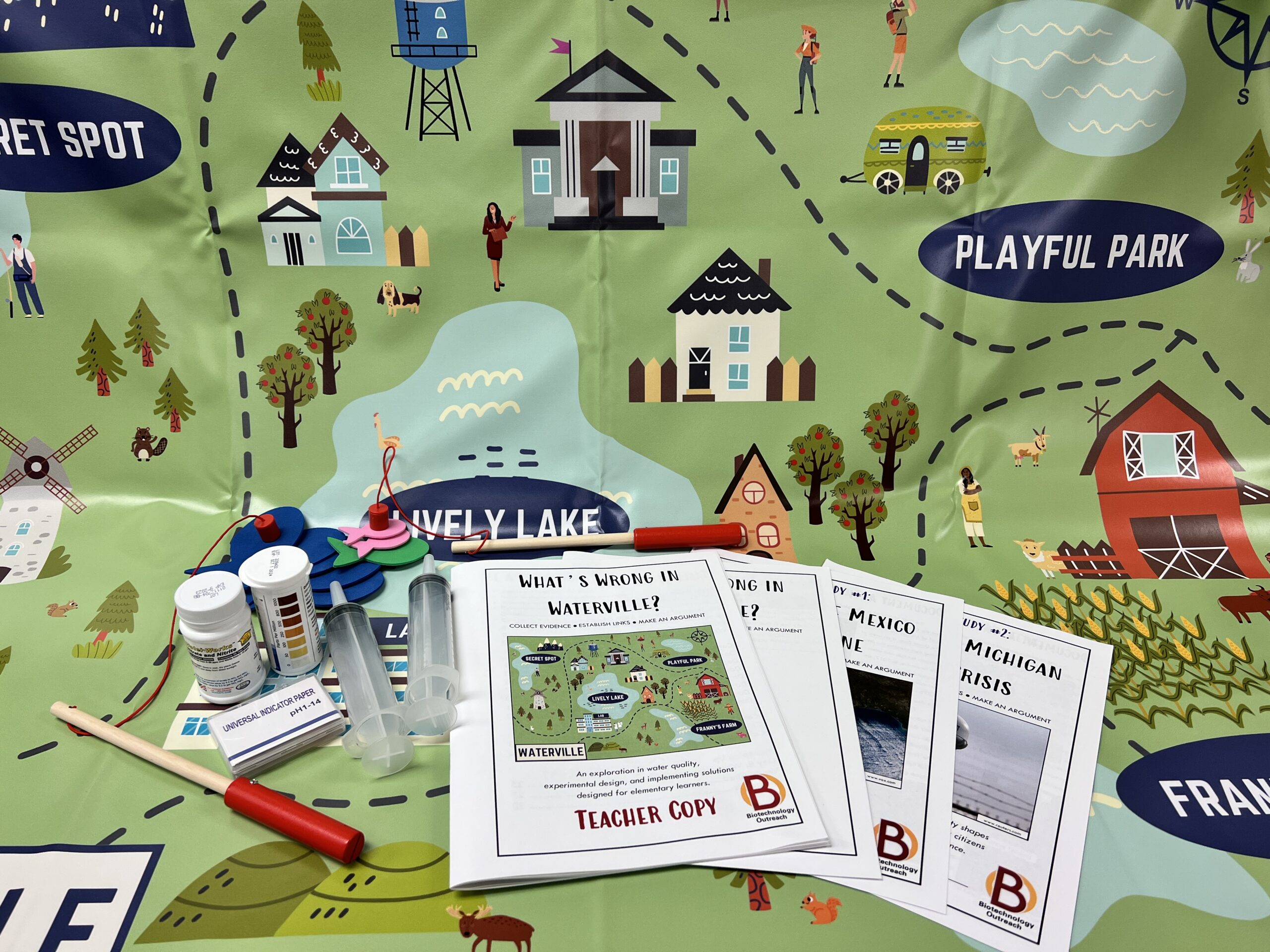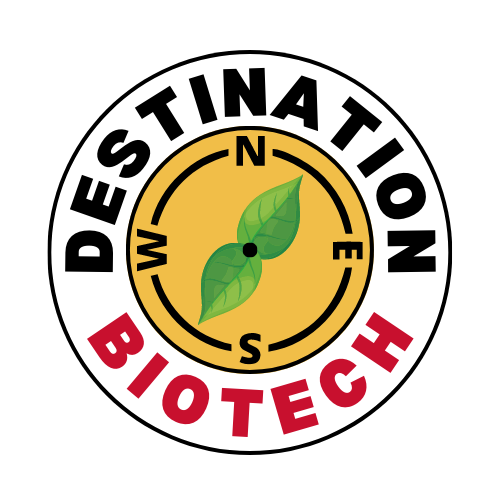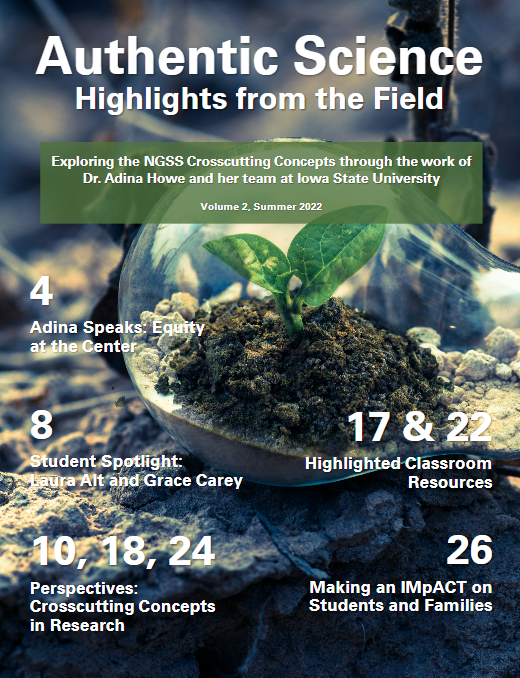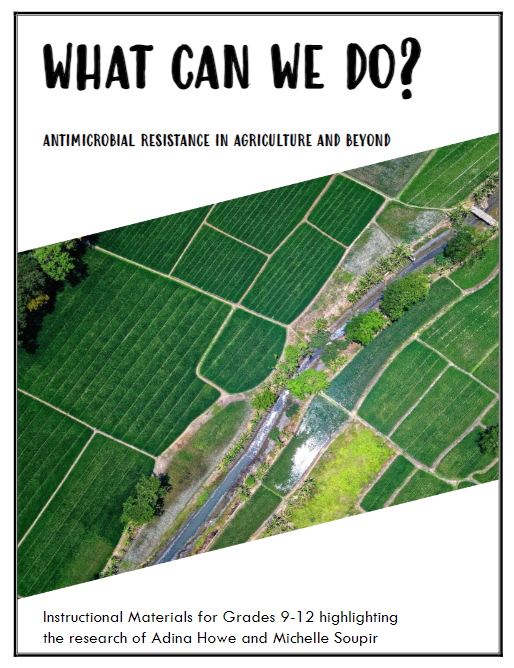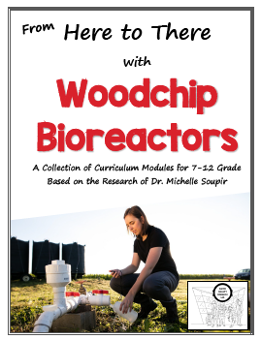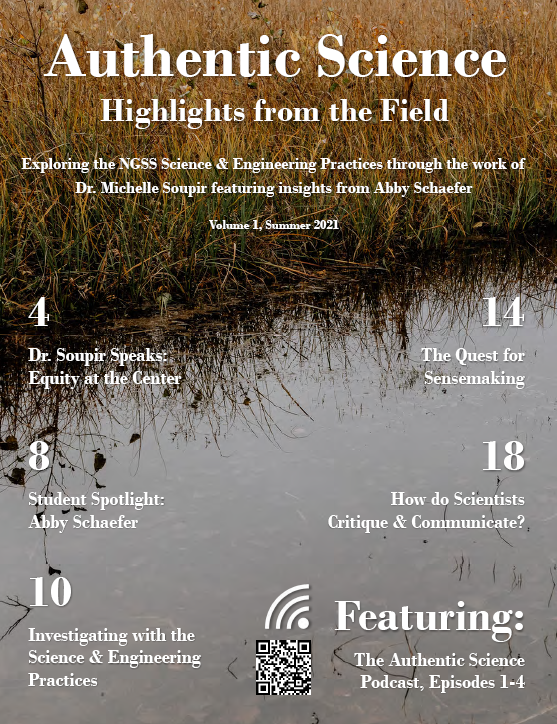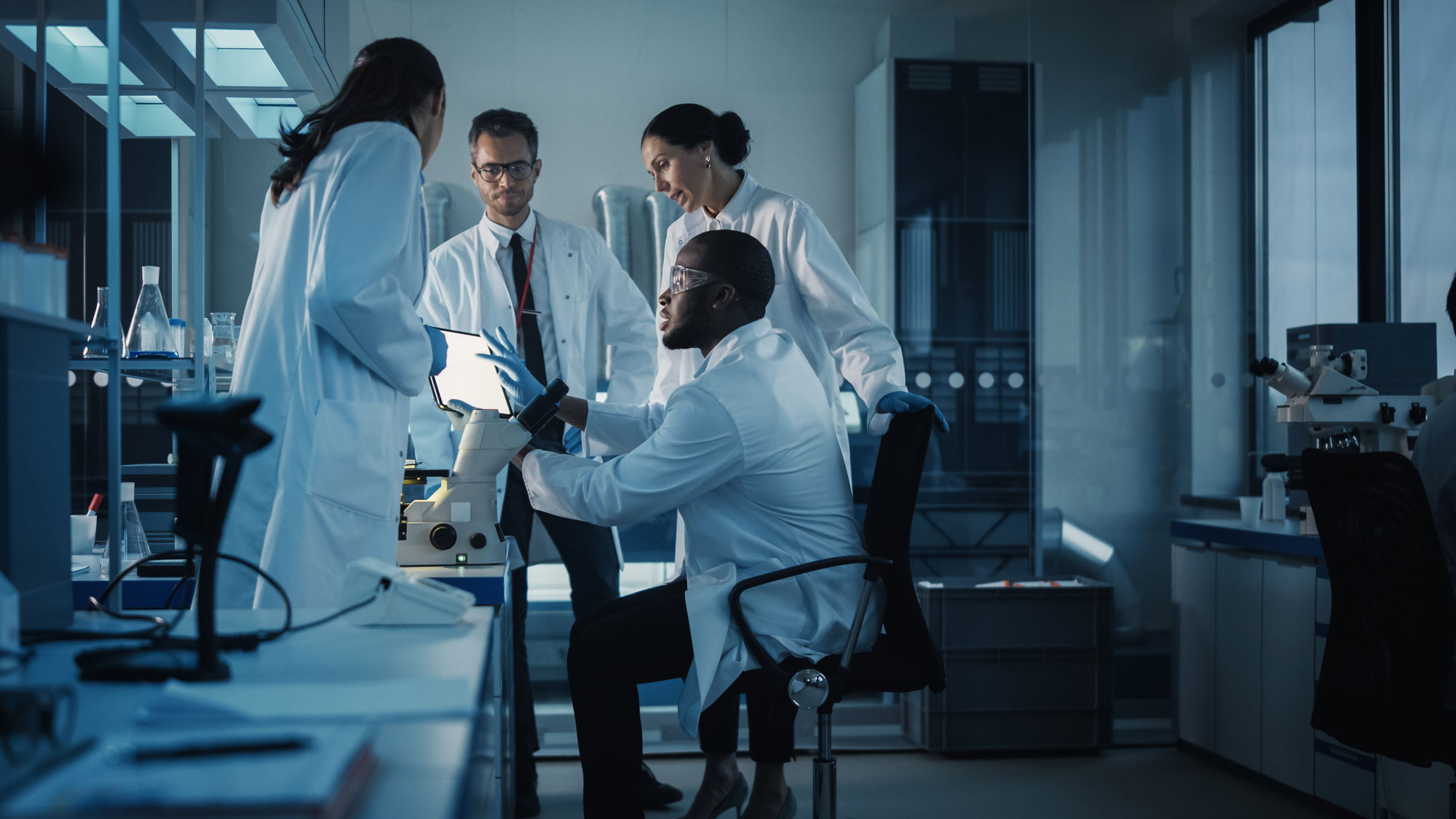This activity-in-a-bag asks students to use their data analysis skills to decide which bioreactor is most effective, and why.
Continue readingEpisode 3: Howe its’ done: unraveling environmental secrets for a better future
What’s Wrong in Waterville?
In this curriculum, elementary students are both empowered and challenged to encounter a phenomenon, construct an explanation, and design a solution. Students work with a team of water quality scientists to investigate the issue of the fish population in the pond by Franny’s Farm.
Continue readingEpisode 1: What’s the buzz about bioethics?
Clark Wolf discusses how his research in bioethics helps us process many of today’s most intriguing issues. Conversation topics include: gene editing, genetically modified organisms, and sharing and communicating research findings. Dr. Wolf shares a particularly buzz-worthy project about genetically modified mosquitos, too!
Continue readingAuthentic Science Podcast Episodes
Want to learn more about how the NGSS Science and Engineering Practices look in real research labs? Sit back and enjoy four episodes of the Authentic Science podcast featuring Abby Schaefer as we discuss each of the SEPs and her journey as a female-identifying STEM researcher.
Continue readingAuthentic Science: Crosscutting Concepts
A magazine-style publication that explores the Next Generation Science Standards Science and Engineering Practices (SEPs) through the work of Dr. Michelle Soupir, featuring insights from Abby Schaefer. Both researchers discuss how the practices and scientific habits of mind impact their research in water quality.
Continue readingAntimicrobial Resistance in Agriculture (AMR)
A full set of instructional materials created in collaboration with Iowa State University researchers, Dr. Adina Howe and Dr. Michelle Soupir. Students investigate the development of drug-resistant microbes in agricultural settings and engage with two hands-on investigations, each focused on the importance of using the Next Generation Science Standards (NGSS) Science and Engineering Practices to make sense of various phenomenon.
Continue readingWoodchip Bioreactors
A full set of instructional materials created in collaboration with Iowa State University researcher, Dr. Michelle Soupir. Students investigate woodchip bioreactors as an emerging technology designed to improve the health of our waterways by denitrifying surface water. Students engage with two hands-on investigations while focusing on the importance of using the Next Generation Science Standards (NGSS) Science and Engineering Practices to make sense of various phenomenon.
Continue readingAuthentic Science: Science and Engineering Practices
A magazine-style publication that explores the Next Generation Science Standards Science and Engineering Practices (SEPs) through the work of Dr. Michelle Soupir, featuring insights from Abby Schaefer. Both researchers discuss how the practices and scientific habits of mind impact their research in water quality.
Continue readingDNA Transformation of Bacteria: Red Colony
In this experiment, a plasmid with a gene (DNA) for resistance to the antibiotic ampicillin and the lacZ gene will be transferred into a susceptible strain of the bacteria. The same technique is used to transfer genes (DNA) for the production of insulin, growth hormones, and other proteins into bacteria. The transformed bacteria are used in fermentation to produce commercial quantities of the protein for treating diabetes, dwarfism, or other uses. The cells that take up this plasmid will show resistance to the antibiotic and produce a color change (dark red) as the lacZ gene converts lactase in the media.
Continue reading
